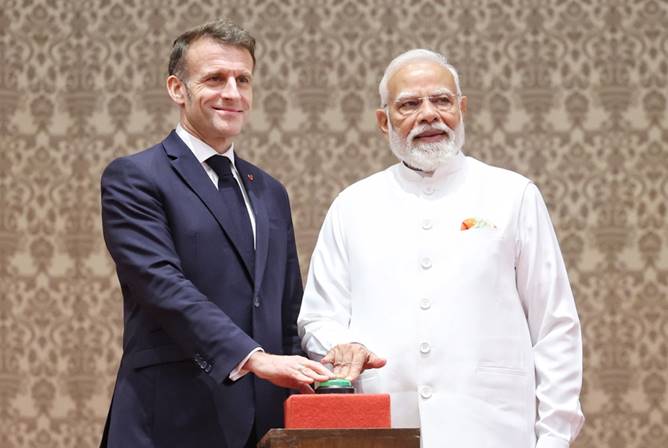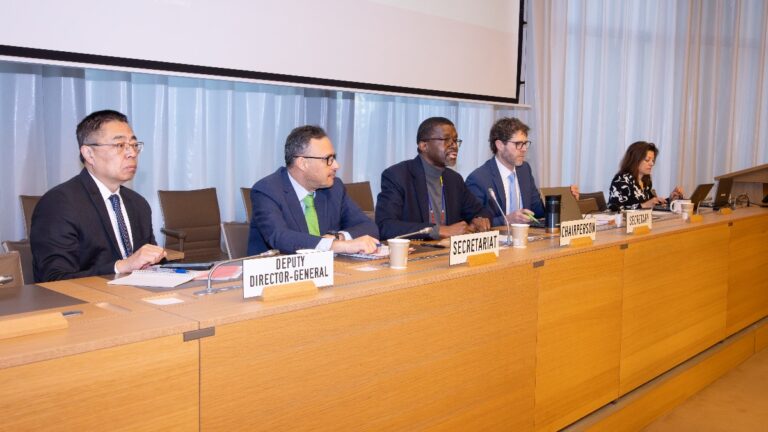
 By Shankar Raj*
By Shankar Raj*
Bengaluru: After a marathon hearing spanning 11 days, a full bench of the Karnataka High Court headed by the Chief Justice today reserved its judgment in the hijab case.
Chief Justice Ritu Raj Awasthi was particular that the arguments should be concluded by Friday and the petitioners did so.
The bench is also studying the details of the alleged involvement of the Campus Front of India (CFI) in igniting the controversy and later fanning it across other districts.
On January 1, 2022, six girl students of a college in Udupi attended a press conference held by the CFI in the coastal town protesting against the college authorities denying them entry into classrooms wearing hijab. Till then, students used to wear the headscarf to the campus but entered the classroom after removing it.
The PU College, which is the epicentre of the Karnataka hijab row, had earlier told the Court that the CFI was a radical organisation that was spearheading the row.
Earlier, the counsel for a batch of students told the court that since the State govt has given up 90% of its claim on uniform order, it could be scrapped.
Also read: Hijab case takes a curious turn in Karnataka
Senior advocate Devadatt Kamat pointed out the two girls he represents had been wearing hijab from the time of their admission but were stopped from attending classes wearing it following the February 5 order, “which was totally flawed and had to go”.
“Much of my task as far as this government order is concerned has become very easy because 90% of it has been given up or conceded by the Advocate General. They have cited three high court judgments. The government’s understanding appeared to be that the judgments say the hijab is not essential to Islam. This understanding in the government order is totally flawed for various reasons. These three judgments do not say headscarf is not an essential religious practice. The AG has given up on this. This part of the GO has to go, as also the operative part,” he said.
He argued that essential religious practice (ERP) is a restriction on the state’s power to interfere with rights, not the other way around.
He ended his submission by quoting BR Ambedkar, the architect of the Indian Constitution who had said: “We have a great Constitution but if people who implement it are bad, it will turn out to be bad.”
*Shankar Raj is former Editor of The New Indian Express, Karnataka and Kerala, and writes regularly on current affairs.





